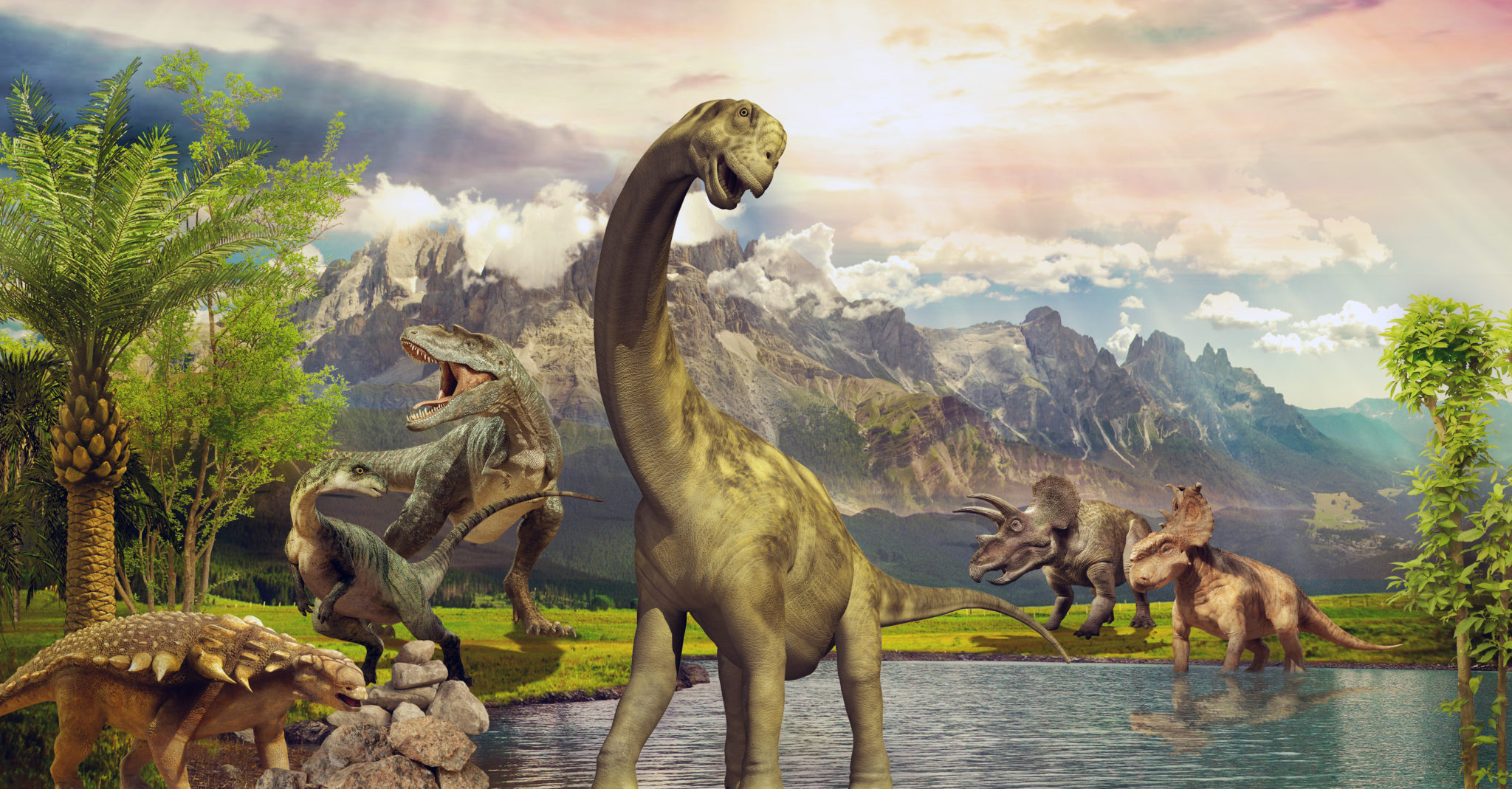Why Did God Create Dinosaurs and Then Destroy Them?
Question of the week: If God is merciful, then why did he create dinosaurs and then destroy them?
My answer: God subjected the entire universe to a pervasive law of decay or thermodynamics (Romans 8:20–22) as a means to efficiently eradicate evil and suffering (see Why the Universe Is the Way It Is1 for details and an explanation). Consequently, all physical life on Earth experiences death. Psalm 104:29–30 says that it is the property of all life to die but that God re-creates and renews the face of the earth. Psalm 104 also implies that God has packed Earth with as much life as possible and as diverse as possible.
When much of Earth’s landmass was covered by huge shallow seas, God created large dinosaurs. Thanks to the shallow seas, these large dinosaurs could take advantage of the shallow seas to support their huge body masses that otherwise would have been impossible to sustain. The existence of a huge, diverse, and enduring population of dinosaurs during past eras when much of Earth’s continental landmass was covered by huge shallow seas significantly contributed to Earth’s present store of biodeposits. Examples of such biodeposits include limestone, marble, coal, oil, and natural gas.
Dinosaurs, therefore, are expressions of God’s love and generosity. It is thanks in part to God’s creation of dinosaurs that humans possess more than 76 quadrillion tons of biodeposits that we can use to develop the civilization and technology to take the good news of salvation through Jesus Christ to billions of humans within just a few millennia.
Endnote
Hugh Ross, Why the Universe Is the Way It Is (Grand Rapids: Baker Books, 2008).





